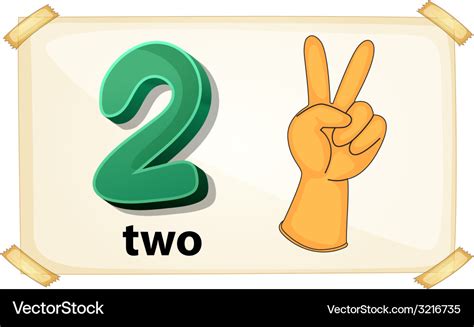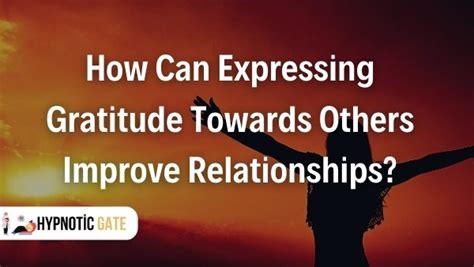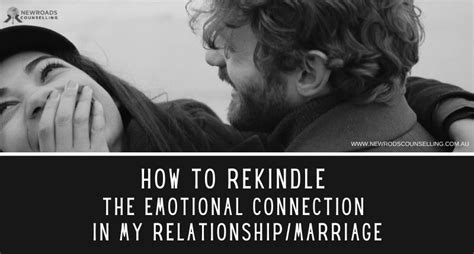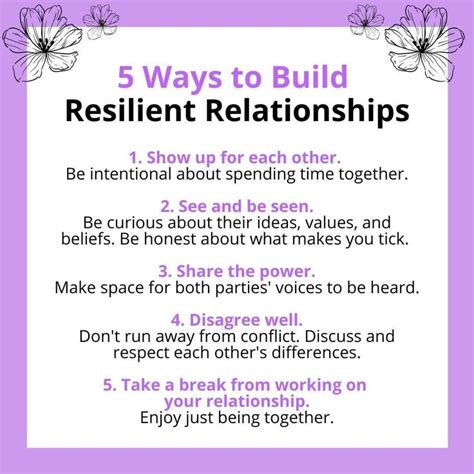In a world often characterized by fleeting connections and superficial interactions, the pursuit of a resilient, high-value relationship stands as a deeply meaningful endeavor. Such relationships are not born of mere chance but are carefully cultivated through intentional effort and, critically, mindful strategies. Mindfulness, typically associated with individual well-being, is equally powerful when applied to the dynamics between people, fostering depth, understanding, and enduring strength.
The Foundation: Active Listening and Empathetic Communication
At the core of any strong relationship lies the ability to truly hear and understand one another. Active listening goes beyond simply waiting for your turn to speak; it involves fully engaging with your partner’s words, tone, and underlying emotions. Empathetic communication means attempting to see the world from their perspective, validating their feelings even if you don’t fully agree with their viewpoint. This practice builds trust and a sense of being truly seen and valued, essential ingredients for resilience.

Cultivating Presence and Awareness in Interactions
Modern life often pulls our attention in countless directions, making it challenging to be fully present with our loved ones. Mindful presence encourages us to put away distractions—phones, to-do lists, internal monologues—and dedicate our full attention to the person in front of us. This means truly being in the moment during conversations, shared activities, or even quiet companionship. Awareness extends to recognizing our own emotional states and how they might impact our interactions, allowing for more conscious and constructive responses.
Practicing Compassion and Forgiveness
No relationship is without its imperfections, disagreements, or moments of hurt. Mindfulness teaches us to approach these challenges with compassion—for ourselves and our partner. It involves recognizing that both individuals are imperfect beings doing their best, and sometimes falling short. Forgiveness, a cornerstone of resilience, isn’t about condoning harmful actions but about releasing the burden of resentment. It’s a mindful choice to let go of the past and create space for healing and moving forward together.

Fostering Mutual Growth and Support
A high-value relationship isn’t static; it’s a journey of continuous evolution. Mindful partners encourage each other’s individual aspirations, personal growth, and pursuit of passions. This mutual support extends beyond celebrating successes to offering solace and strength during failures. It means creating a safe space where both individuals feel empowered to explore their potential, knowing they have a steadfast ally by their side. This commitment to shared and individual growth enriches the relationship’s value over time.

Setting Healthy Boundaries and Expectations
Mindfulness also involves a clear understanding of personal limits and needs. Healthy boundaries are not walls that separate but rather guidelines that protect the integrity of both individuals and the relationship itself. Communicating expectations clearly, respectfully, and without assumption prevents misunderstandings and resentment. This mindful approach to defining personal space and shared responsibilities ensures that both partners feel respected, secure, and valued, preventing burnout and fostering longevity.
Regular Appreciation and Gratitude
It’s easy to take long-term partners for granted. Mindful appreciation involves consciously noticing and acknowledging the positive contributions, qualities, and efforts of your partner, no matter how small. Regularly expressing gratitude—verbally, through gestures, or acts of service—reinforces positive behaviors and strengthens the emotional bond. This consistent practice reminds both individuals of the love and care present in the relationship, fueling its resilience and enhancing its perceived value.

Conclusion: The Mindful Path to Enduring Connection
Building a resilient, high-value relationship is an ongoing process, a dance of intention and presence. By integrating mindful strategies such as active listening, empathetic communication, cultivating presence, practicing compassion and forgiveness, fostering mutual growth, setting healthy boundaries, and expressing regular appreciation, couples can forge connections that withstand the tests of time and challenge. These practices transform relationships from mere co-existence into vibrant, deeply fulfilling partnerships where both individuals thrive. The investment in mindfulness pays dividends in profound connection, unwavering support, and a love that truly endures.




